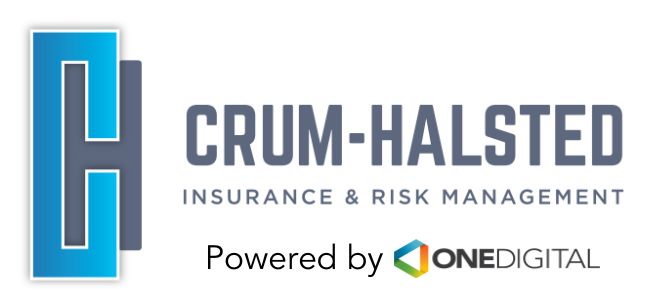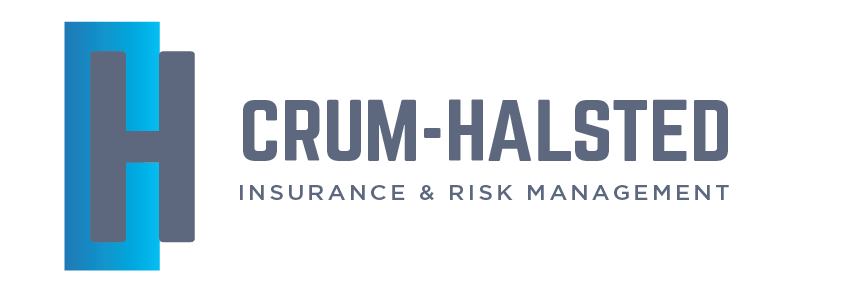Last month my article for commercial real estate focused on retail, which is a perfect segue into this month’s topic, Industrial Property. For those looking to diversify their portfolio while keeping their premiums and overall risk low, Industrial Property may be their best bet 2021. It seems everywhere you look in a major metro city, there are large industrial properties popping up in transportation hubs across the country. Not to mention properties that are being repurposed for warehousing, manufacturing, and distribution. While these properties may seem ripe for the picking, there are a few key pitfalls to be aware of.
Is Industrial Property Commercial Real Estate’s Best Bet in 2021?
The warehousing and distribution space has taken a huge uptick in the market due to more individuals taking their shopping online. The store fronts we are used to shopping are changing and during the Covid-19 pandemic, more purchases are trending in the direction of online shopping. It is safe, cheap, and gives you options like never before. Not to mention quick! Buy today and it is on your doorstep tomorrow.
Of course, this is not new to our marketplace, but has significantly increased over the past 12 months. With that impact, comes opportunity for industrial development and repurposing. For any commercial real estate investor this is also a smart play from an insurance standpoint. Industrial properties for investors have less of an impact on the bottom line from insurance cost standpoint. The properties are leased and rated as LRO. Lessors risk only insurance policies are much more cost effective than investments that are labeled habitational, or retail. It is also a preferred class of business for many insurance markets and in turn drives competition amongst carriers when you shop your insurance program.
While this holds true on many industrial properties, here are a few things to keep in mind when securing coverage and tenants.
Life safety and security has a large impact on your costs. Items that will help you reduce your insurance costs are things like, fire suppression systems, central station reporting alarms, secured access and location.
Tenants can have another impact. A distributor of low-risk products, light manufacturing, etc., are better tenants than a pallet manufacture, or manufacture of highly flammable materials. Rent rolls are required for underwriting, so be mindful of what type of company you lease to.
Risk Transfer is key. Securing the proper lease agreements with proper insurance wording is more important than it has ever been. Making sure you have the proper additional insured wording, waivers, and hold harmless agreements are very important.
If you are keeping these items in mind when investing and selecting tenants, you will be in a great place to keep your insurance costs in line and put your self in a position to be very attractive to many insurance carriers. If your broker is not assisting to craft an insurance program that is in your favor, it may be time for a second look. We take pride in assisting our clients with contract review, proper risk transfer, and putting together a program that is customized to your needs, not someone else’s. Just need a second opinion or have some questions on protecting your commercial real estate portfolio? Give us a call, we are here to listen and give guidance.
by Chris Jones

